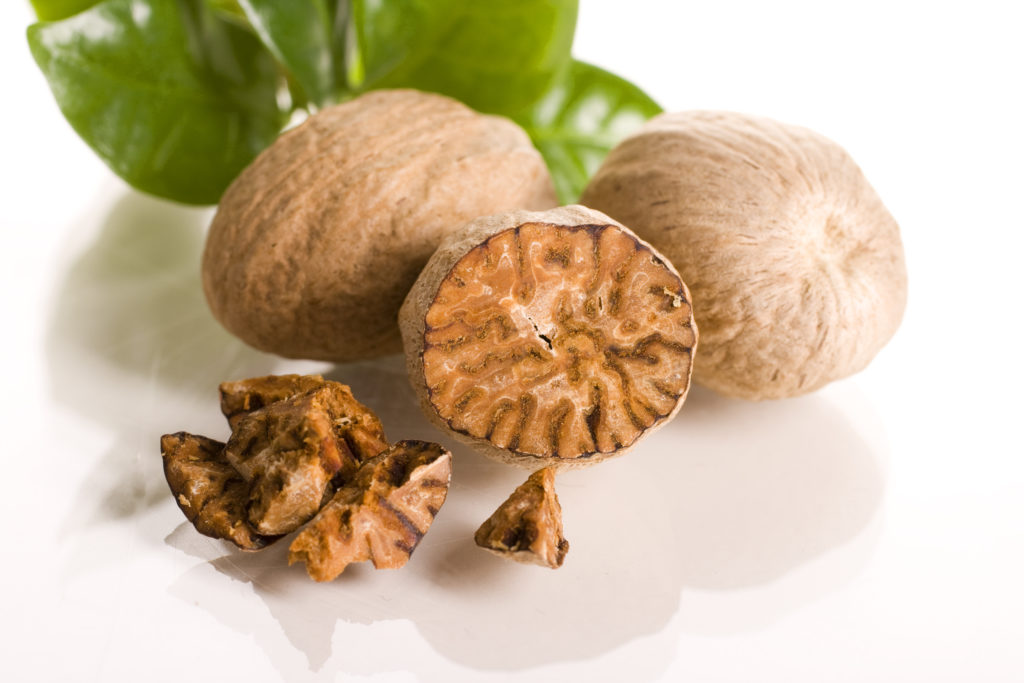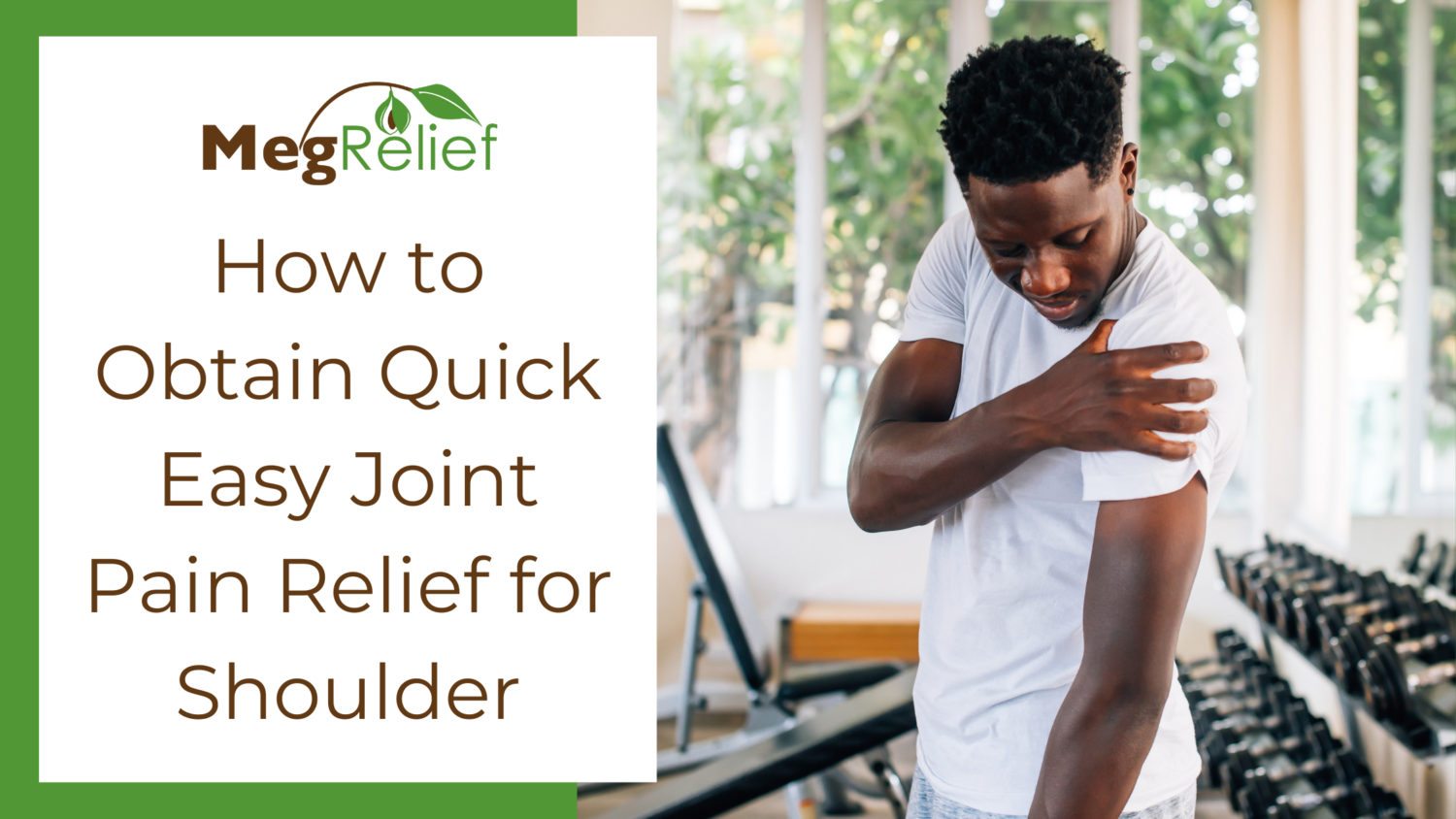Obtaining quick and easy joint pain relief for your shoulder is not difficult.
Shoulder pain relief begins with you understanding the cause of your shoulder joint pain. Once you know what the cause is, you will be able to decide what treatment to do.
Traditional medicine and alternative medicine both have treatments for your shoulder to relieve pain and stiffness.
Causes for shoulder joint pain
There are a number of causes for shoulder joint pain.
- Bursitis – the bursa (a fluid-filled sac that cushions in your joint) can become swollen and irritated from repetitive motions of your job or hobby
- Rotator cuff injury-includes tears of the cartilage in the joint or the muscles and tendons around the joint
- Calcific tendonitis-the formation of a small (1-2 centimeter size) calcium deposit within the tendons of the rotator cuff.
- Frozen shoulder–a buildup of calcium around the tendons and ligaments that cause limited range of motion and pain
- Arthritis
- Tendonitis
- Sprain
- Strain
- Tightness in the muscles connecting the neck and shoulder
- Dislocation-the top of your arm pops out of the socket
- Separation-injury affects the joint where your collarbone and shoulder blade come together
- Fracture – one of the bones break or crack

Any one of these can cause pain and stiffness of the shoulder joint. Some are more serious than others. Some may have the same symptoms as others and the treatments may be the same for some.
Treatments
Treatments include traditional and all-natural.
- Immobilization with sling
- Hot or cold packs. Ice should be used for the first 48 hours after an injury to keep the swelling down, after that you can alternate between heat and cold
- NSAIDs such as ibuprofen
- Cortisone shots
- Physical therapy
- Prescription anti-inflammatories such as Celecoxib, Diclofenac, Dolobid, Relafen, and others
- Prescription pain medications such as Tramadol, Darvocet, Percocet, Oxycodone, Vicodin or others
- Soak in a hot tub or tub of warm water with Epsom salt
- Massage combined with essential oils which can help reduce pain and inflammation
- Exercise
- Acupuncture
- Hypnosis
- Rest–it is important to rest the shoulder but do not stop using it completely as that will only make it worse.
Shoulder pain exercises
There are exercises you can do to reduce the pain level and stiffness in your shoulder joint.
- A seated shoulder stretch can be found here. Hold for 30 seconds. Return to the starting position, repeat on the opposite side. This is one repetition-do 3 to 4 reps several times a day
- A triceps stretch can be found at the here. Hold for 30 seconds. Return to the starting position, repeat on the opposite side. This is one repetition-do 3 to 4 reps several times a day.
- Massage by a professional licensed massage therapist-ask them to use essential oils like Nutmeg or Peppermint for shoulder pain. Massage helps improve circulation, helps with reducing tightness of muscles, and reduces the pain.
- Acupuncture must be done by a licensed practitioner who understands the pressure points and uses clean sterile needles. If you want to try this therapy, ask your doctor to recommend a practitioner.
- Meditation and deep breathing can program how your body responds to pain. Until you get the hang of it, you may want to use a licensed therapist to teach you how to meditate.
Shoulder pain from sleeping
Shoulder pain from sleeping that comes on suddenly could be the result of one of the issues we have listed, but you should contact your doctor and make an appointment for a diagnosis. It may be bursitis, in which case, you will need to sleep on the opposite side for a while. It also helps to put a pillow between the shoulder and the body for support when sitting in a chair or sleeping. A throw pillow from the sofa will work fine.
Uses of nutmeg
Extraction of Trimyristin from nutmeg
Extraction of Trimyristin from nutmeg is a process that extracts a chemical derivative of myristic acid and is used in research.
Nutmeg capsules
Nutmeg capsules can help you fall asleep when you have insomnia by relieving stress. Just one of the many benefits it provides.
Effects of nutmeg
Nutmeg effects offer relief of insomnia, reduces gas, bloating, anxiety and diarrhea; it also has anti-inflammatory and antimicrobial properties. There are some side effects when used in high doses for a prolonged time that can lead to figment of the imagination and other mental side effects. People who have taken larger doses of nutmeg have experienced upset stomach, dry mouth, wooziness, irregular heartbeat, agitation, and hallucinations. Other serious side effects have included death.
Nutmeg coffee
Freshly grated or sprinkled nutmeg will add a dash of eggnog spice to the top of a latte for a seasonal delight. Nutmeg can also be put in butternut squash soup for added flavor. If you are having trouble falling asleep, add a sprinkle or two to milk for warm nutmeg milk.
Cinnamon nutmeg
Cinnamon nutmeg adds flavor to apple pie, pumpkin pie, oatmeal and cream of wheat. On a slice of buttered toast with a little sugar, a sweet snack is made.

Fresh ground cinnamon and nutmeg added to water and brought to a boil will make the house smell yummy.
There are many uses for nutmeg that can help you with health-related issues. Meg Relief can also help. Before you start treating your shoulder joint pain, see your doctor and make sure none of your medications interact with all-natural remedies. Be sure to tell the doctor all your medications and how you plan to use nutmeg as a natural remedy to reduce stiffness and relieve stress and insomnia.






